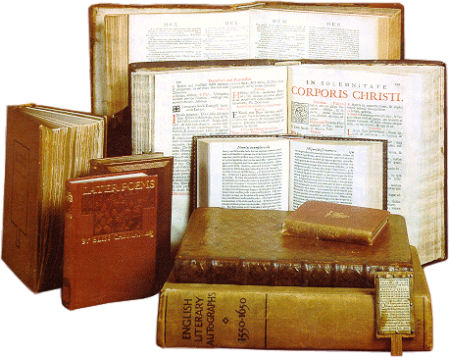Romans 2:17-3:8
Lesson 288
Read both the "King James Bible" and the "New Living Translation."
In this lesson:
The case against God's chosen people.
The Mosaic Law cannot save us.
Boasts and privileges.
A commentary on hypocrisy (2:21-29).
The case against God's chosen people.
The Mosaic Law cannot save us.
Boasts and privileges.
A commentary on hypocrisy (2:21-29).
Jesus
By American artist Jared Barnes.
By American artist Jared Barnes.
Why circumcision -
Circumcision began as an Old Testament rite to serve as "a token of the covenant" between God and the Jewish people. God promised Abraham that He would protect Jews, bless them with many descendants (Genesis 15:5), and give them the land known as Palestine (Genesis 15:18). In return, Abraham vowed to obey God and sealed this commitment with a promise to circumcise every boy child at eight days old (Genesis 17:1-14). Circumcision shows that a Jewish man belongs to God (Genesis 17:9-14), but it is not a necessary ritual for Christians (Romans 4:9-11; 1 Corinthians 7:18-19; Galatians 5:2-6; 6:15; Colossians 2:11).
Circumcision began as an Old Testament rite to serve as "a token of the covenant" between God and the Jewish people. God promised Abraham that He would protect Jews, bless them with many descendants (Genesis 15:5), and give them the land known as Palestine (Genesis 15:18). In return, Abraham vowed to obey God and sealed this commitment with a promise to circumcise every boy child at eight days old (Genesis 17:1-14). Circumcision shows that a Jewish man belongs to God (Genesis 17:9-14), but it is not a necessary ritual for Christians (Romans 4:9-11; 1 Corinthians 7:18-19; Galatians 5:2-6; 6:15; Colossians 2:11).
Study Tip:
"It shall greatly help to understand scripture if thou mark, not only what is spoken or written, but of whom, to whom, with what words, at what time, where, to what intent, and with what circumstances, considering what goes before and what follows."
By minister and Bible translator Miles Coverdale (1488-1569)
"It shall greatly help to understand scripture if thou mark, not only what is spoken or written, but of whom, to whom, with what words, at what time, where, to what intent, and with what circumstances, considering what goes before and what follows."
By minister and Bible translator Miles Coverdale (1488-1569)




